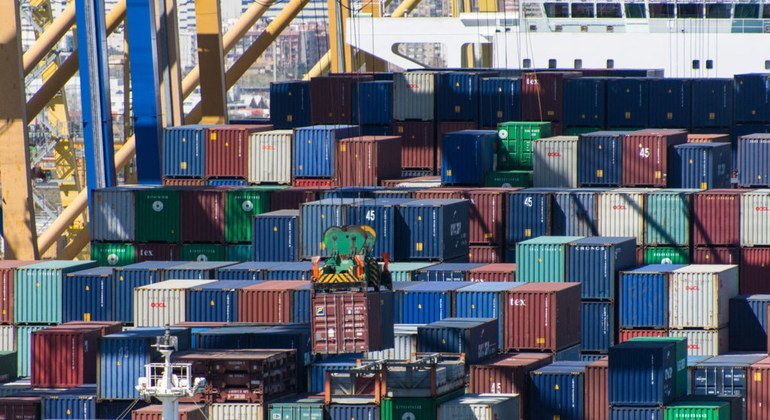Every month, the United Nations Conference on Trade and Development (UNCTAD) provides an update on the global trade situation. In its recent March report, it was revealed that, despite global trade reaching a record of $33 trillion in the last year, the future for 2025 is full of uncertainties. Protectionist trends, geopolitical tensions, and trade disputes are creating a landscape that suggests the possibility of significant disruptions in the coming months.
Luz María de la Mora, Director of the International Trade Division of UNCTAD, has emphasized that the problem lies not in tariffs themselves, but in the confusion that arises when important economic actors decide to ignore the rules of international trade. De la Mora, who was an essential part of the negotiating team that established the North American Free Trade Agreement (NAFTA) in 1992, highlighted that tariffs, although considered import taxes, have been part of a trade system designed to provide predictability for producers and investors.
The tariff system traces its origins back to the GATT of 1948, which was later replaced by the World Trade Organization (WTO) in 1995. These institutions have laid the groundwork for a set of rules that assure economic actors that tariffs will not change drastically from one year to the next. Although tariffs are a common practice, their imposition follows an internationally agreed regulatory framework.
The expert has pointed out that developing countries often apply higher tariffs to protect their local industries. However, this strategy has disadvantages such as increased production costs and prices for consumers. Additionally, governments often use tariffs as a way to generate revenue, which can lead to higher prices for imported goods.
De la Mora also reflected on the impact of NAFTA, which she described as bold at the time, given its innovation in establishing a free trade agreement between developing and developed nations. The almost complete elimination of tariffs between Mexico, the United States, and Canada transformed the Mexican economy, fostering growth in the manufacturing sector and creating millions of jobs. Although some sectors experienced losses, overall, the agreement had a positive impact, evidenced by Mexico’s integration within global supply chains.
However, De la Mora cautions that any trade policy must be accompanied by measures to assist those who have been negatively affected by the changes. In Mexico, support programs were implemented for the agricultural sector to help producers adapt to new competition.
The potential emergence of a trade war has become a concerning issue. The Director of UNCTAD has warned that the decision of major economies, such as the United States, the European Union, and China, to impose tariffs without following the protocols established by the WTO, creates uncertainty that could affect the private sector. This instability may slow down investments and have a negative impact on economic growth.
With the fear that a global economic slowdown will disproportionately affect developing countries, De la Mora emphasizes the urgency of having an international trade system that functions effectively and predictably. Maintaining continuity and security is essential to avoid harmful surprises. In this context, the defense of multilateralism emerges as a crucial element to ensure a more stable and fair trading future for all.
via: MiMub in Spanish










